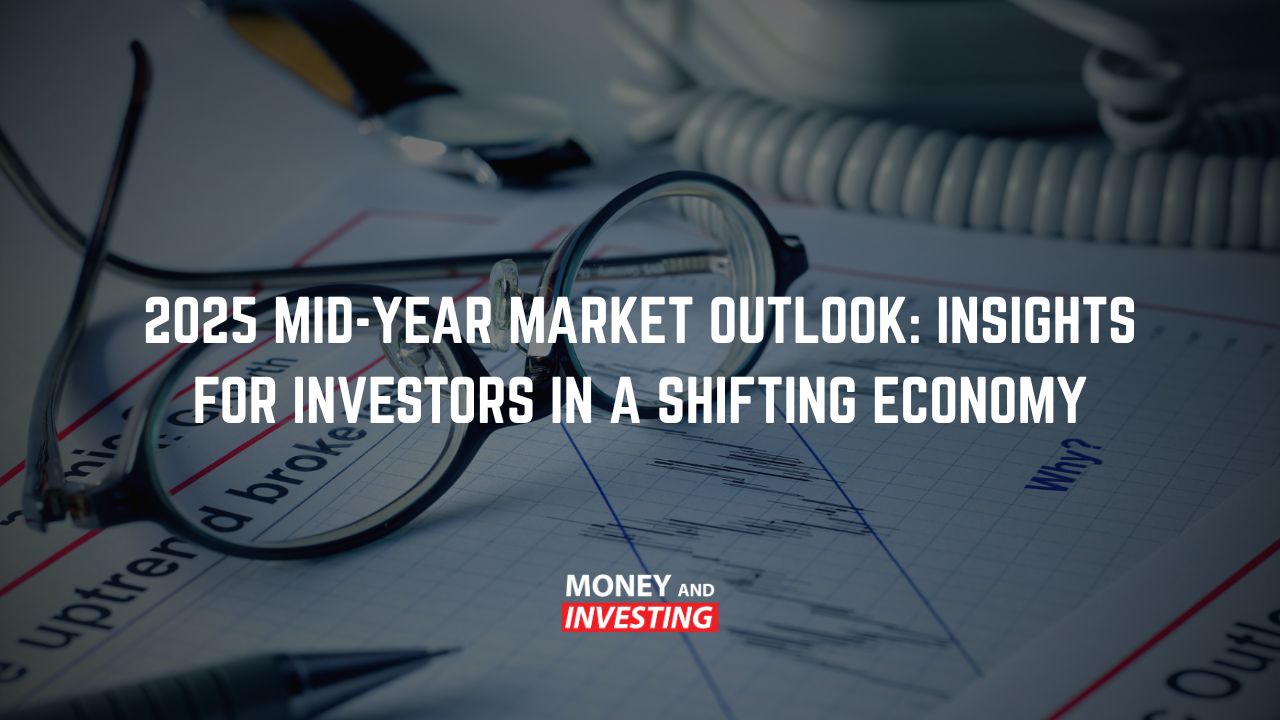How Important is Diversification? The age-old advice of not putting all of your eggs in one basket was once the stock market’s number one rule. However, in an attempt to spread yourself out and avoid risk. This can sometimes create more problems for you than what’s worth. Here’s why diversification may not be as important as once thought:
What is diversification?
On a more holistic scale, being diversified would pertain primarily to your asset allocation. This would include having some of your funds in the stock market, in the property. Bonds and partly in cash to ‘spread’ your risk across various asset classes. Historically and looking more specifically at the stock market. The age-old advice of not having all of your eggs. In one basket meant most fund managers recommending holding 50-60 different shares in a given portfolio.
Fast forward to the late 80’s when we saw the brilliance of the Capital Asset Pricing Model (CAPM) come to fruition. This gave a quantitative measure as to how many holdings would optimise the lowest amount of systemic risk in a given portfolio. This is the premise of diversification – having a large enough number of holdings in order to be ‘spread’ across a range of sectors. To reduce systemic risk in the market. How important is this?
Active fund managers vs. the market
When we say, ‘the market’, what we mean are indices like the ASX200 for example, or the DOW30. These are indices which essentially include ‘all’ the shares in that given market. Being the ultimate proxy for a diversified set of shares. With that said, like any savvy investor the goal is to actually outperform the market – which unfortunately, 67% of active fund managers don’t.
These are people who are paid (a lot) to select better sectors than others and also gain exposure to the best performing stocks. Albeit manage the risk through diversification – yet for the most part, they underperform the index.
Having exposure to BHP and FMG given their momentum plus some funds allocated towards CBA as a proxy for the pumping Australian economy. With a splash of Woolies or Coles for a more defensive play are all components of running a ‘diversified’ portfolio. For example despite not holding 50-60 shares.
The challenge arises when you start to include stocks like AMP or Telstra which have remained the perennial underperformers of the market. Yet the rules of diversification would require them to be included in the portfolio. This doesn’t make any sense if you want to make any money, right?
The problem with diversification
There is such a thing as being ‘too diversified’, and there is also such a thing as being diversified for the sake of it. As host Andrew Baxter clearly exclaims, diversification has shifted a lot since its conception in the stock market many moons ago. Now, we see investors like Warren Buffet (ie. THE most successful investor of all time) have something like 42% of Berkshire Hathaway’s portfolio invested in just Apple shares alone – breaking all the rules of diversification.
Why? Well, this is simple – to make money. Having too many holdings will mean your portfolio simply goes nowhere and being diversified for the sake of it means you’ll be holding dogs like AMP or Telstra. Having overweight positions in sectors or stocks that you like is a great way to make money in a still diversified portfolio. Let’s say you had a particularly bullish view on the buy-now-pay-later sector for example and had a 20% allocation to Afterpay you’d be pretty stoked with your performance.
This, says host Andrew Baxter, is how savvy investors gain a leg up in this market which only comes with the right skillset.
Diversified beyond more than just shares
Diversification can come in many forms to which it’s important to consider becoming diversified beyond more than just shares. But also across strategies. No one wants to be a one trick pony and so having some strategies. In the kitbag to help spread your risk is something that host Andrew Baxter would typically recommend. This might include having some high conviction trades as a portion of your portfolio. Followed by a small allocation to some directional plays with higher risk. And even maybe an index tracker in there as your meat and potatoes.
Ultimately, this will give you a layer of protection beyond the shares themselves. As you start to diversify across strategies and have the pieces on the chess board to suit you. This is quite the difference from the old legacy of holding 50-60 shares in dogmatic fashion yet is the new way of the world. This is a game of chess, not checkers – having the ability to be nimble is a crucial element to your reducing risk.
Chance or certainty?
If your skilled and well-crafted at what you do. Picking well performing stocks like Afterpay at the right times will make you a lot of money. That’s IF you’re skilled, however. ‘If’ is a very small word that has relatively large consequences – if you’re right in the stock market you’ll make a lot of money, if you’re wrong you won’t.
Host Andrew Baxter prefers to take the chance out of trying to guess direction. And instead overlays a level of certainty by getting paid on his shares for holding them over a period of time. This is a strategy known as ‘cash flow on demand’ and is something he teaches through Australian Investment Education. Reach out to learn more.



